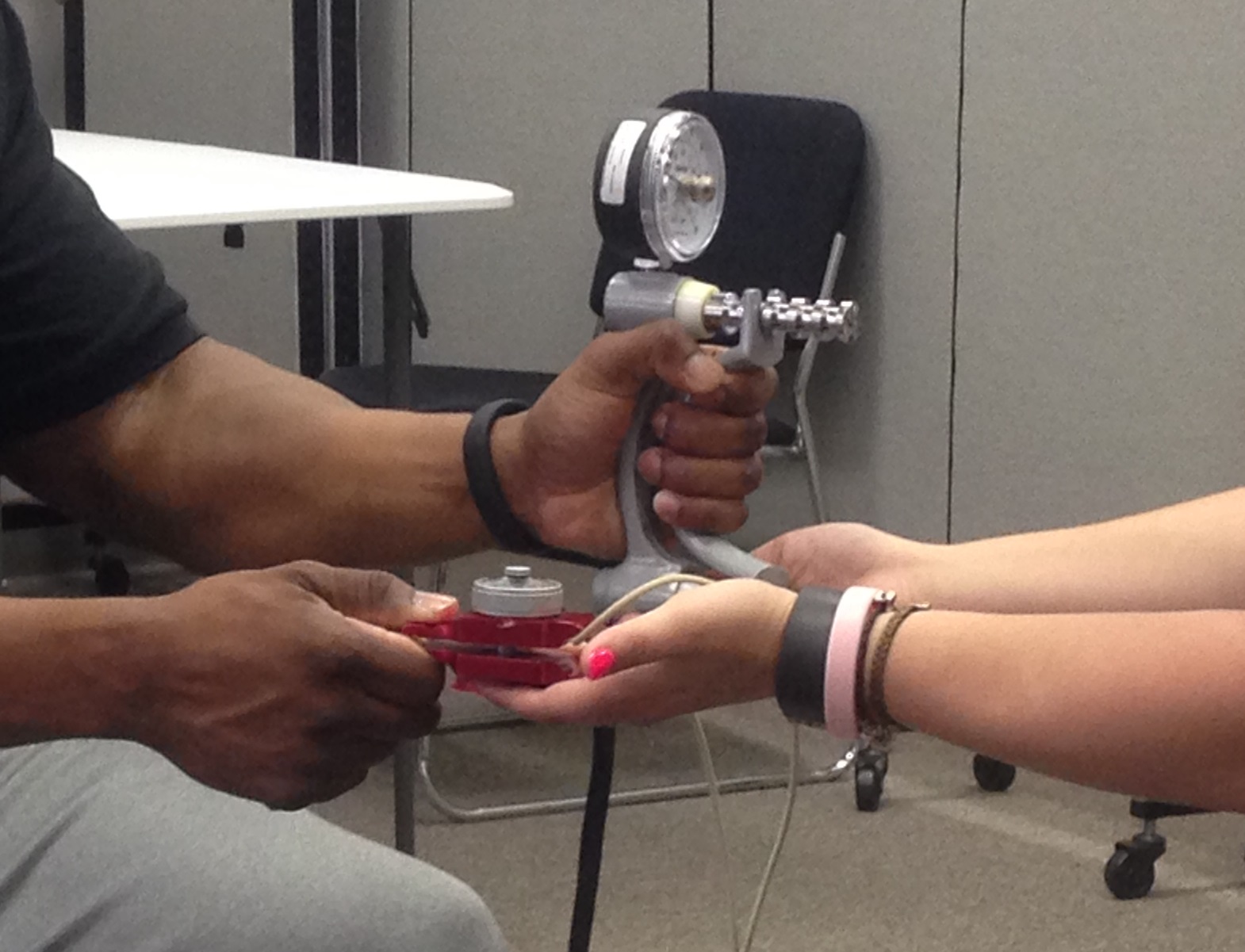

An “invalid” Functional Capacity Evaluation is always a little exasperating for those who handle worker’s comp cases. Common reactions to an invalid FCE include:
- “NOW what?”
- “Great – this client can’t do ANYthing and now they will be permanently and totally disabled.”
- The physician releases the patient to return to work, “per the FCE” – so, what are the true restrictions if the effort was invalid?
- The adjuster often feels as if money was wasted on the FCE.
- The Case Manager is at an impasse – how can they assist an injured worker to return to work if they don’t know what the true physical capabilities are? “Sedentary work” is not realistic nor accurate for everyone.
One option that is often mentioned in the recommendations of an FCE report is to “repeat the FCE” and ask the client to give their best effort (even though they are told to do this the first time). There are a myriad of reasons that a client or patient may not have produced their best effort in an FCE:
- Fear – their healthcare provider has possibly told them not to lift over a certain amount and they may be fearful of re-injury.
- Perception of Disability – perhaps the client feels as though they need to “show” someone how disabled they perceive they are, and may exaggerate their pain and reduce their effort during the test.
- Secondary Gain – the client either perceives or has been told by others, that the more disabled they are, the more money or larger settlement they will receive.
- No Desire to Return to Work – the client may not have a desire to return to work which may be due to the fact that they were physically unable to do their job in the first place. Or, perhaps they simply don’t like the job or have had a poor performance review and perceive their employment to be in jeopardy. Testing at the post-offer stage of employment will prevent the hiring of those persons who are not capable of doing the job and therefore at risk of injury.
Time for ‘Round two’. Oftentimes, the sheer fact that the client has been made aware of the “invalid” results can be education enough to change the attitude and perspective about the testing process. It is not uncommon to see dramatically different results the second time around. Several recent repeat FCE’s completed at Job Ready produced lifting values that were 50-100% improved compared to the 1st attempt, with good consistency of effort. This increases the confidence of the therapist that limitations, if any, are fairly representative of the client’s ability. One statement that is common to find in Job Ready’s FCE reports is: “Medical correlation is required”. What does this mean? Simply put, it means that ultimately, the Physician should be looking at the nature of the injury or medical history to determine if the limitations are realistic or appropriate and apply that judgment to any permanent restrictions being made.
Repeating the FCE is not the only option for improving the client’s effort and determining their true abilities. Work conditioning is often a recommendation in an FCE. The purpose of the FCE is to determine the client’s physical capabilities, but it is really just a snapshot of that person’s ability. If the effort is invalid, then you have no information or evidence of that person’s capabilities. For example, if that patient was fearful of re-injury and did not put forth maximum effort, then permanent restrictions should never be assigned based on this poor effort. A work conditioning program will allow that client to increase their confidence, strength and endurance, as well as decrease their anxiety on a daily basis. In addition, the documentation of the client’s abilities and progression (or regression) is provided. If evaluated on a regular basis, the patient’s physical capabilities will be well documented at the end of the program. As a matter of fact, if patients are involved in work conditioning as early as is appropriate, oftentimes an FCE is not even necessary!
As always, it is important to let the client or patient know that it is imperative that they put forth their best effort in a Functional Capacity Evaluation. New FCE technology is very sensitive to the sincerity and consistency of effort among patients undergoing testing. The good news is that if the patient truly has deficits, this testing will identify them. The bad news (for the patients who are “malingering”) is that the FCE will also identify conclusively that the patient’s effort is not their best.
If you would like to learn more about new technology in FCE’s, please contact Job Ready Services: 919-256-1400 or visit our website: www.jobreadyservices.com.

